Daniel Barenboim back at the Festival Hall! Cue The Grand March of the Musical Luvvies Across Hungerford Bridge, a bustling overture by Karl Jenkins in which a trombone farts out the epigrams of Simon Callow and the violas mimic the gentle swing of David Mellor’s shoulder-length bob — modelled, I’m told, on Anna Ford’s barnet c.1982. Jolly fine it looked, too, on Sunday night.
Barenboim doesn’t have much hair these days, but baldness suits him. Sixty years after his RFH debut, as a 13-year-old playing Mozart under Joseph Krips, he has the same baby-pink skin as Winston Churchill in old age. He also shares Churchill’s belief in his own indestructibility. Is there any other 73-year-old in the world who would play both of Brahms’s piano concertos in one evening? And more or less get away with it?
Of course it helped that the audience, like Churchill’s adoring public during his ‘Indian summer’, had their ears cocked for rhetorical grandeur rather than geriatric fluffs. Barenboim was lavish with both. Surprisingly, he was more secure technically — and had more to say musically — in the Second Piano Concerto, whose nightmare intervals are at least easier to hide in the concertante texture.
I couldn’t help wondering, though, whether Barenboim — a great conductor who should have got the Berlin Phil instead of Rattle — was really all that happy hiding inside a provincial orchestra from Venezuela. A ludicrous pairing, on the face of it, but then this was the Simon Bolivar Symphony Orchestra conducted by Gustavo Dudamel.
The latter is now music director of the Los Angeles Philharmonic but is still in charge of the Bolivar, supposedly full of rescued street kids transformed into world-class instrumentalists by the magic of Venezuela’s El Sistema tuition. I gather that, the night before, the orchestra gave a heartfelt performance of Messiaen’s Turangalila symphonie. ‘Brothel music’, the late Pierre Boulez unfairly called it, though perhaps his words resonated with some of the players, given widespread reports (refuted by El Sistema) of the predatory abuse of pupils by its teachers.
For the Brahms, of course, the Bolivars were thinned down — ‘cute kids to the fore to keep the luvvies happy,’ said one cynical music critic. And happy they were, judging by the Soviet-style standing ovations. Yet I’ve never heard the first concerto’s main subject, once described as ‘shouting defiance at a troubled sky’, sound so perfunctory.
Dudamel’s fault? Hard to say. All evening he beat time with textbook gestures that looked as if they were designed to keep a student band from going off the rails. He was certainly right not to give any leeway to the violins, whose thin sound resembled nothing so much as a clumsily de-hissed remastering of a 1940s orchestra.
He also needed to semaphore the downbeats because Barenboim kept slowing to a tempo more suited to Morton Feldman than to Brahms. This allowed him to give us the ‘burnished’ effect that older pianists often fall back on; there were moments, especially in the slow movement of the second concerto, when his fingers produced more tonal colour than the entire orchestra combined.
The other advantage of playing slowly is that there are fewer wrong notes. This wasn’t one of those evenings where you sit cringeing, waiting for the next clunker. (That’s Maurizio Pollini’s speciality.) Barenboim’s management of his limitations was mostly skilful, except when he slammed down the sustaining pedal to blur his erratic fingerwork. Even then, those of us familiar with the concertos could straighten out the rhythms in our heads. But imagine if you were an 11-year-old hearing the D minor concerto for the first time. This isn’t ‘autumnal’ Brahms. It’s a virtuoso tour de force in which the young composer uses tiny details of counterpoint to whip up excitement. That wasn’t what we heard.
I left my seat quickly in order to avoid the lifetime-Oscar histrionics in the auditorium. As a result, I missed Daniel Barenboim’s post-encore speech, in which he held forth on ‘the ongoing importance of El Sistema as a humanitarian project’.
I did, however, pass the Foyles stall selling Barenboim and Dudamel CDs along with (presumably) the only book they could find on El Sistema. It’s by Geoff Baker, subtitled ‘Orchestrating Venezuela’s Youth’, and examines in detail all the charges of sexual abuse, political manoeuvring and musical deceit levelled against the mysterious ‘system’. One wonders how many members of the audience, hands raw from clapping, gave it so much as a glance.
Got something to add? Join the discussion and comment below.
Get 10 issues for just $10
Subscribe to The Spectator Australia today for the next 10 magazine issues, plus full online access, for just $10.

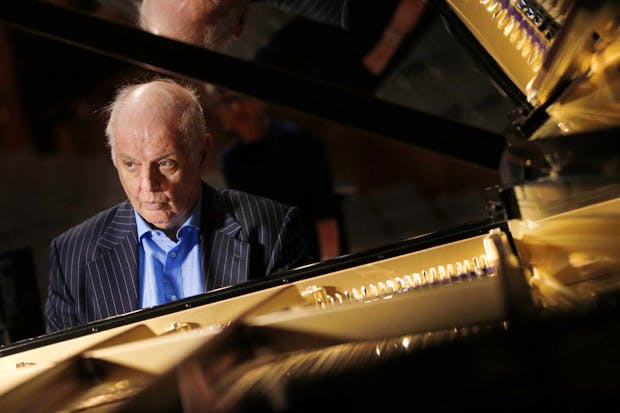
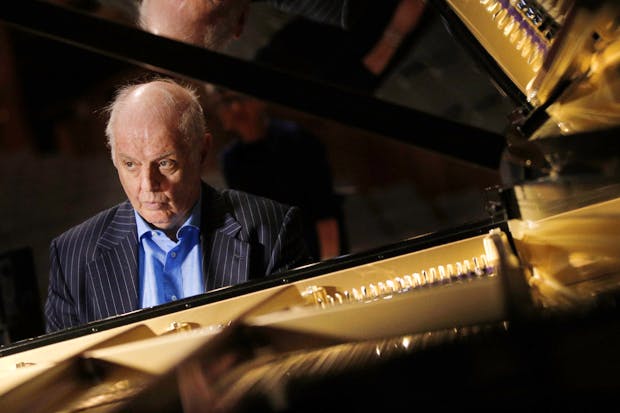

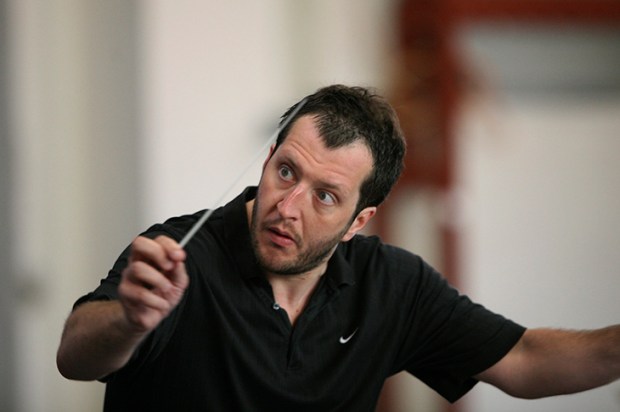
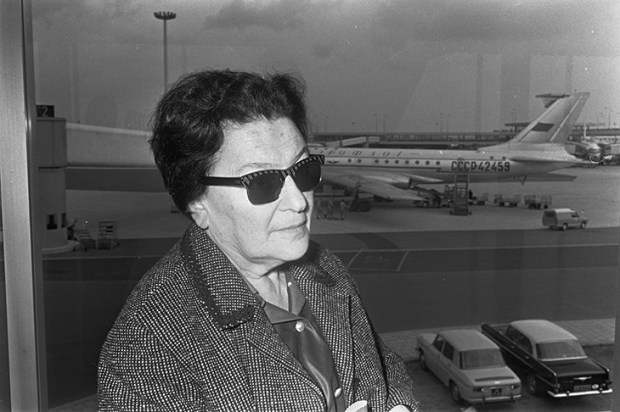
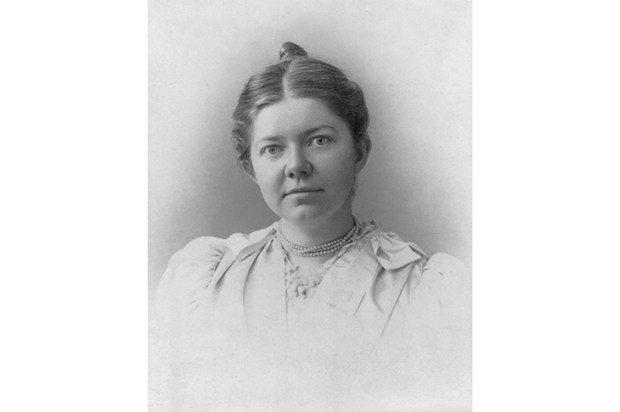
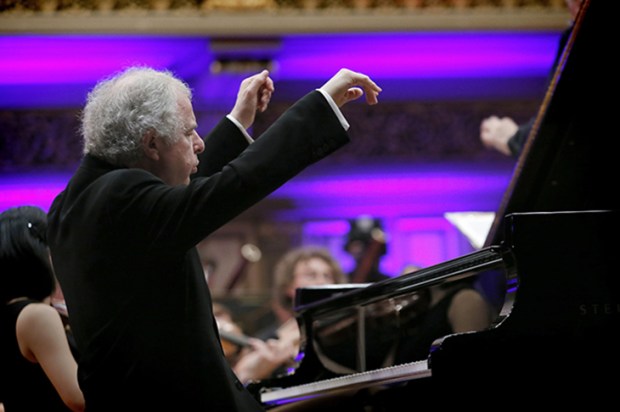






Comments
Don't miss out
Join the conversation with other Spectator Australia readers. Subscribe to leave a comment.
SUBSCRIBEAlready a subscriber? Log in